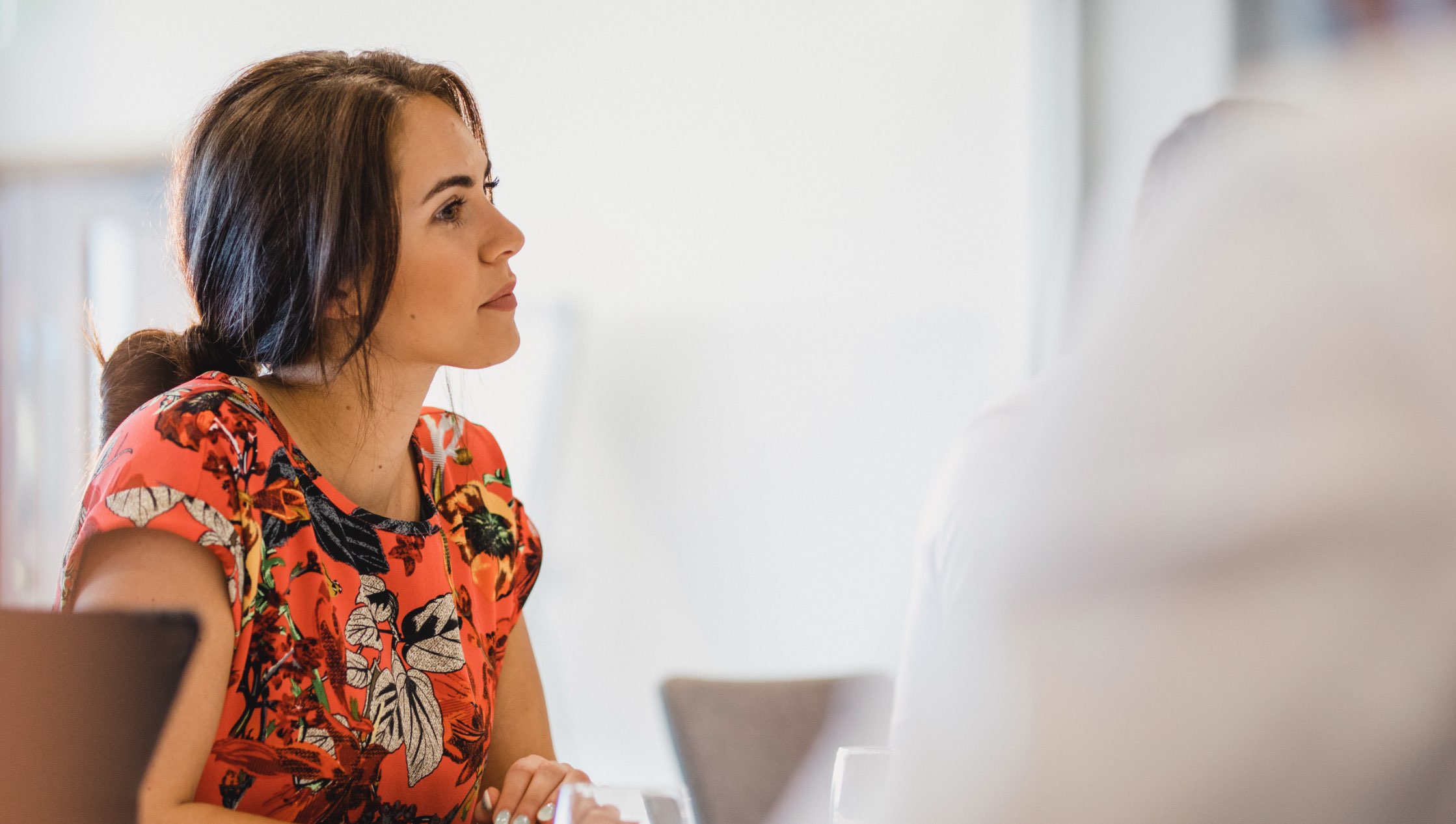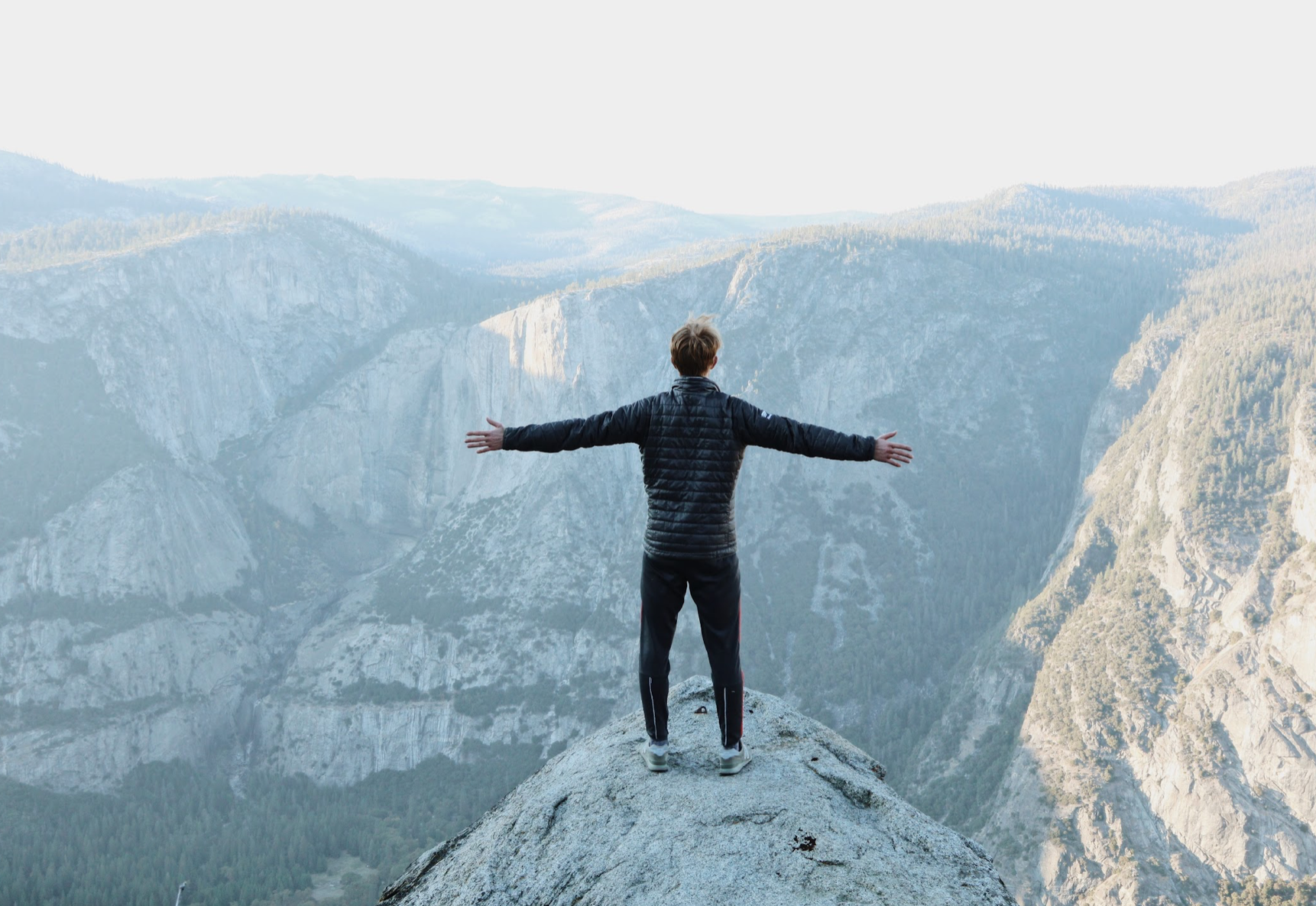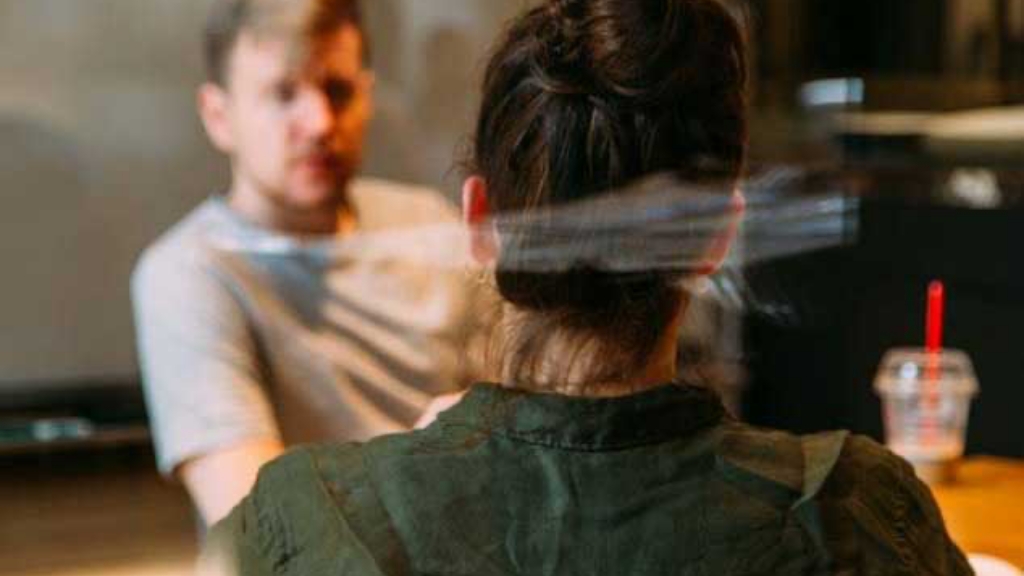“Until you make the unconscious conscious it will direct your life and you will call it fate” Carl Gustav Jung
Can you remember a time when you felt excluded, different, unable to connect with another person? What you might be noticing is unconscious bias in the behaviour of others. We all have unconscious bias. We are born with a set of innate tendencies, genetic make-up, drives, predispositions which are then shaped by our background including parenting, culture, social values, education, ethnic origin etc. The result is a perceptual filter through which we experience the world that helps us interpret what is known and unknown.
In a world surrounded by people and an environment that we know, there is little difficulty interpreting the world. We go about responding uncritically and unknowingly to what is around us. This is our unconscious natural behavioural style. Faced with someone, something, some situation or event that we are unfamiliar with, our tendency is to frame what is happening in terms of what we know implicitly (tacit knowledge is unconscious).
Unconscious bias may manifest in behaviour that excludes others from making a valued contribution in the workplace, in social gatherings or sport. Fully realizing diverse talent can be blocked by irrelevant data such as race, age, sex and background.
What Is Unconscious Bias and How Does It Work?
We are naturally fearful when faced with the unknown. Certainly, when faced by a tiger in the jungle or an unfamiliar person who we do not recognize we are cautious even suspicious. We are tribal creatures and have carefully honed biological radars for identifying those who belong to our tribe and those who don’t. We may tend to look out for our own without noticing how this may impact others.
Unconscious bias is objectionable when we discriminate against others unfairly. Unconscious bias can limit the ability to take in information and make effective decisions that match the reality of the situation? This is how it works:
- We are thinking and acting automatically
- We do not question our assumptions about reality
- We act as though we understand what is happening in front of us when we possibly don’t
- We tend to form judgements of others based on partial information
- This can lead to confusion, conflict, exclusion, disengagement and lack of connection with others who we perceive as different
By noticing our thought patterns and generalisations based on initial impressions and possible misperceptions about a person or situation we can identify our own limiting behaviours.
The critical thing is to stop and take a step back, ask yourself: How am I limiting what I know and understand? How can I do better? Am I missing important information? What is my behaviour like for those around me? You may decide to behave differently: slow down, acknowledge the other person, listen to what they have to say first before making a judgement, offering a viewpoint or opinion.
Book now for a Free Consultation for an assessment of your needs.






